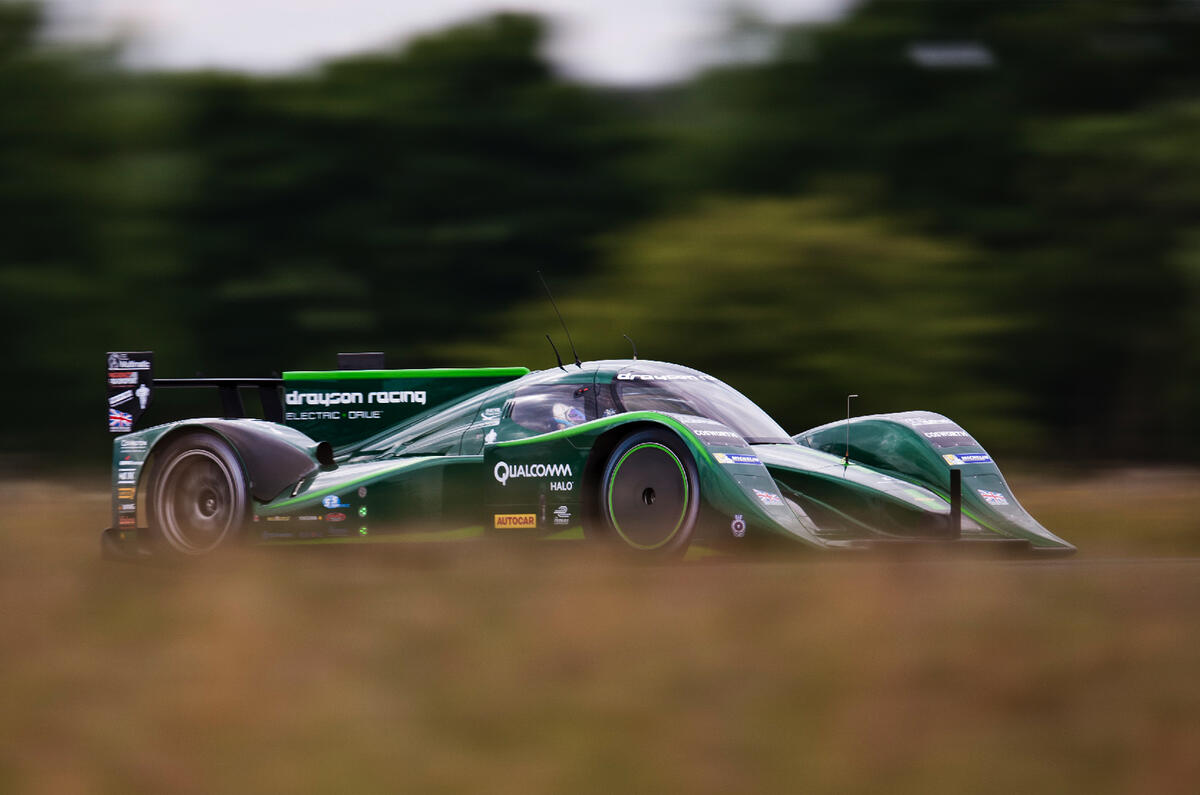Opportunities presented by electric cars could draw Google into the car industry in future, according to its CEO, Eric Schmidt.
The company is already heavily involved in the automotive industry through its connectivity and driverless car projects. But Schmidt — a surprise spectator at Lord Drayson’s electric land speed record attempt in Yorkshire last week — revealed that Google is spending heavily in R&D in all areas of the industry.
“This is the beginnings of a new industry,” he said. “History has proven that new technology thrives best in new companies. I figure that in 20 years’ time, electric cars will be in the mainstream.
“The technology itself is simple and the application of it is advancing quickly. Eventually, people will have to look at internal combustion-engined cars and ask why we drive such complex vehicles. Digital cameras have replaced analogue cameras; the same will eventually happen with our cars.
“Ultimately, I don’t know where Google fits in. But if we can get involved in anything that promotes new technology, innovation, materials and so on, then we’ll be signed up for it.”




Join the debate
Add your comment
Complexity of technology
An electric motor is a very simple device. In a past life, I've helped classes of 14 year-olds make them. The number of moving parts is tiny compared with an ICE (basically, it has one moving part and you don't even need a gearbox). There's an interesting article on Honest John where he reviews one of the hybrids and dismisses the argument that they are complicated by comparing the technology to that in a modern turbo-diesel. Of course, EVs need control circuitry but so does everything else.
Hmmm ...
"The technology itself is simple and the application of it is advancing quickly. Eventually, people will have to look at internal combustion-engined cars and ask why we drive such complex vehicles. Digital cameras have replaced analogue cameras; the same will eventually happen with our cars."
I think rather a simplistic view ... If anything, the internal combustion engine is a simple beast; it's technology and electronics that has made it more complex ... Electric cars will sell once the price becomes competitive and recharging made as simple as pulling into a petrol station ...
Take a read..
I was pointed to this article from Forbes website a few months ago. It's really interesting if you have the time to read it all (there's 7 parts to it so it'll take a while to get through). Essentially what it gets at is that electric and driverless cars are a question of when, not if. And it proposes that the "when" will be sooner than many people realise, and google will be there for it. It's very interesting and well worth a read for anyone interested in the future of passenger cars.
http://www.forbes.com/sites/chunkamui/2013/01/22/fasten-your-seatbelts-googles-driverless-car-is-worth-trillions/
minikarter - Great link
Thanks for the link interesting read.